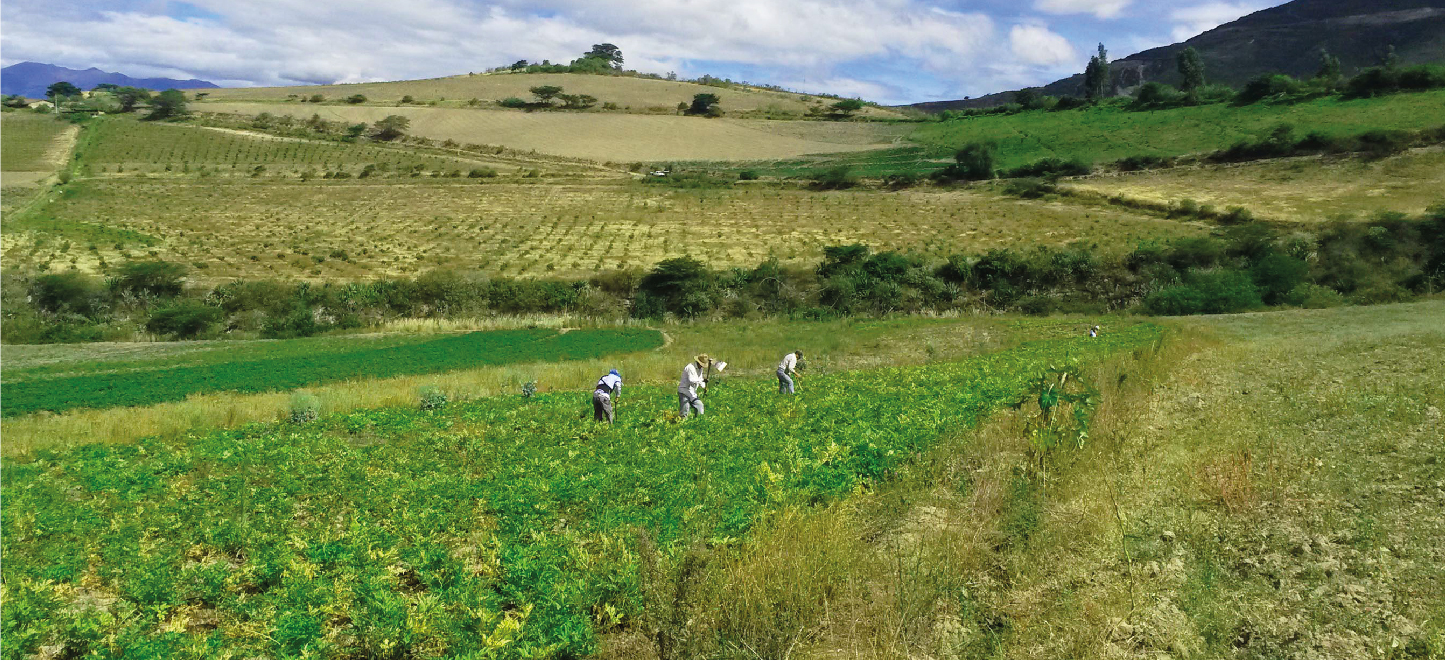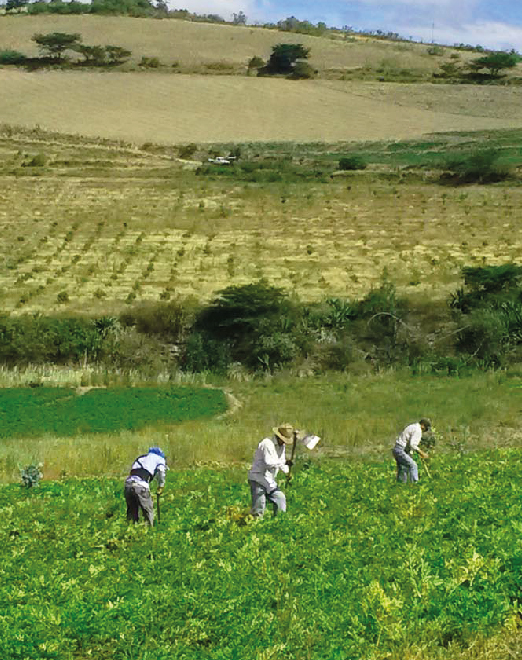Regenerative Agriculture involves some alternative food growing and harvesting processes that seek to have lower environmental impacts than traditional agriculture.
This methodology consists of environmentally friendly practices, such as conservation plowing carried out with animals, use of bio-inputs to recover soil microorganisms, agroforestry, among other actions that bring a positive agriculture impact.
Regenerative Agriculture systems can increase soil organic carbon stocks, decrease greenhouse gas emissions, increase yields, improve water retention, and plant uptake, improve farm profitability, and revitalize farming communities while ensuring biodiversity and the resilience of ecosystem services. This agriculture positive impact is also an integral part of the climate and food solution.
That is why Kiwa is currently running a Regenerative Agriculture Project in Ecuador. This project is bringing a positive agriculture impact and empowering and providing support to small farmers, to solve the environmental, economic and social problems generated by traditional agriculture and the disinterest of companies in the well-being of small farmers. In their time, these farming methods have been producing healthier raw materials for the production of Kiwa snacks and have ensured healthy soil for current and future crops.





